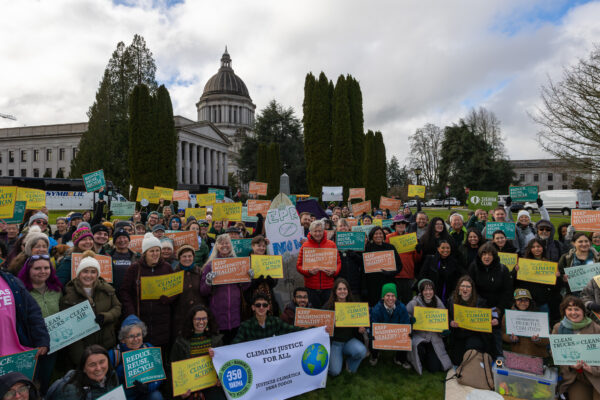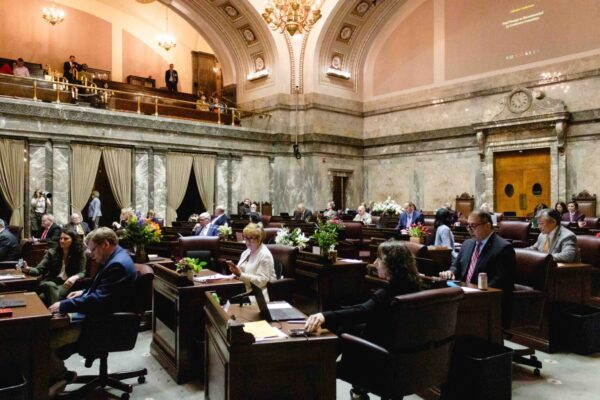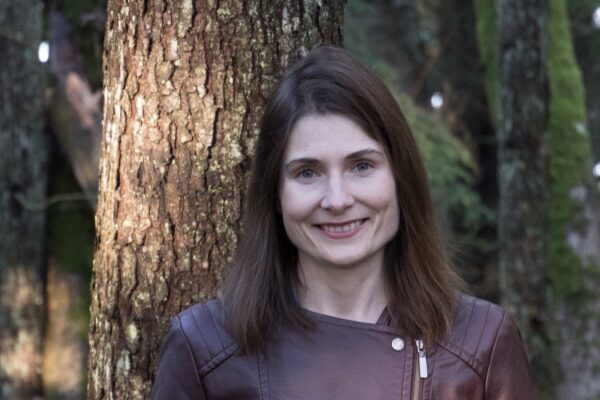OLYMPIA, WA – The Washington State Legislature ended their 2016 session after a series of attacks on bedrock environmental laws and investments and making little progress on advancing stronger environmental protections. Some legislators tried to weaken environmental oversight but failed to pass their policies, including eliminating the state’s authority to regulate climate pollution and weakening state oversight to prevent agricultural waste from seeping into groundwater. One anti-environmental bill that the legislature did pass would weaken clean energy advancements previously approved by voters.
“This session we were focused on defending against unnecessary attacks on the foundational laws that the public supports and that keep our state healthy,” said Clifford Traisman, Environmental Priorities Coalition lead lobbyist.
Regardless, the Legislature took some modest steps forward including passing legislation that puts Washington on a path away from dirty coal power.
“Legislation passed with bipartisan support to set up a process for cleaning up of one of the largest emitters of carbon pollution in the west – the Colstrip coal plant in Montana,” said Bill Arthur, Deputy Campaign Director for Sierra Club. “This legislation was an example of all parties coming to the table and working towards a common goal, and we have more work ahead to ensure a full and just transition from coal power.”
Despite small gains, legislators left many pressing environmental issues and funding challenges unaddressed, leaving the public’s desire about the need for stronger environmental, economic, and public health protections unmet. The Legislature failed to pass a broadly supported bill that adopted incentives for solar energy after the Senate added a “poison pill” to the bill that would have prevented the state from acting to reduce climate pollution.
The lack of action to address an unprecedented funding crisis resulted in the suspension of funding for cleaning up toxic sites, preventing pollution, and supporting local communities dealing with pollution threats. The final budget delays state led cleanup work in Puget Sound, freezes grants to local governments to address the largest source of water pollution statewide, and eliminates funding for community groups working to inform the public on cleanup decisions and pollution prevention. Affected projects include eliminating pollution sources in the Lower Duwamish; removing arsenic from a park and playground in Everett; identifying pollution hot spots in Budd Inlet; investigating and cleaning up sites at Port Angeles Harbor and the Rayonier mill sites in Clallam County; and advancing dozens of stormwater projects across the state.
“Washingtonians want and deserve state leaders who address pressing issues like climate change and reducing water pollution,” said Shannon Murphy from Washington Conservation Voters. “Smart environmental policies and investments help us grow our clean energy economy, protect public health, and make us competitive in the 21st century.”
Contacts: Kristi Nakata, kristi@waconservationaction.org, 206-631-2606
Clifford Traisman, clifford@ctassociates.org, 206-369-2235
###
The Environmental Priorities Coalition is a network of more than 20 leading environmental groups in Washington state. Formed in 2003, the Environmental Priorities Coalition selects priority issues as a community each legislative session. To learn more visit, environmentalpriorities.org.
American Rivers | Audubon Washington | Climate Solutions | Conservation Northwest | Defenders of Wildlife | Earth Ministry | Environment Washington | Fuse | Heart of America Northwest | The Lands Council | League of Women Voters of Washington | NW Energy Coalition | Sierra Club Cascade Chapter | Sound Action | Surfrider Foundation | Washington Conservation Voters | Washington Environmental Council | Washington Wildlife and Recreation Coalition | Zero Waste Washington


